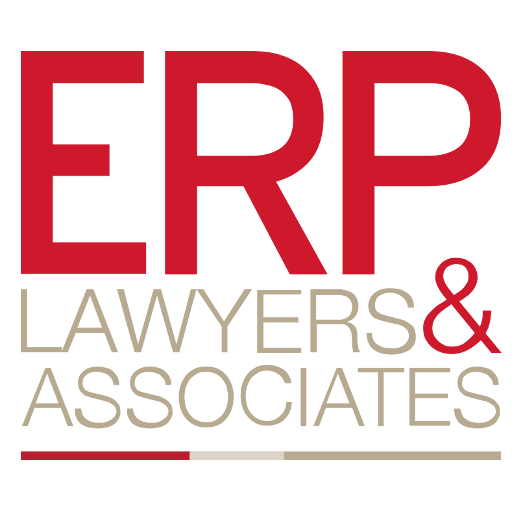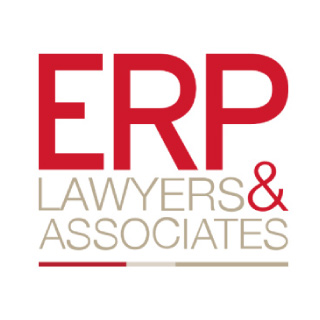When starting a company many doubts may arise. In this article we tell you what are the basic aspects to take into account to operate correctly. Continue to the end of the text to find out about a benefit that we know will interest you.
Along with the initial expectation to carry out a project or business, certain concerns may arise regarding the requirements that must be met. In most cases, forming a partnership is only the first step. To achieve the desired successful result, it is essential to be clear about what type of business you want to develop and what your obligations are.
What are the requirements that must be met?
Although it will depend on the type of business, seven requirements are the most relevant. Below we detail each of them.
Land use: the form provided by the municipality must include: the Real Folio Registration number and the Cadastral Plan of the property where it will be operated. Furthermore, this previous step is essential to be able to request the Health Operating Permit (PSF).
Sanitary Operating Permit (PSF): at the same time as completing the form issued by the Ministry of Health, specific documentation must be added: copy of identification, Legal Status, Affidavit and Proof of being up to date with CCSS. Its cost varies depending on the risk category of the activity.
Mandatory Occupational Risk Policy (INS): includes business information (along with copies of ID or legal status), full names of employees, identification number, position and salary. The cost varies depending on the activity and the amount of risk is consistent with the sum of salaries.
Registration with the CCSS: once the relevant company information for registration is completed, during the following month an inspection is carried out by a person in charge of the CCSS, and the owner must pay his worker-employer obligations in this entity.
Registration with the Ministry of Finance: under any of the two existing collection regimes. It may be, on the one hand, the traditional one in which the taxpayer must issue an electronic invoice, submit the Sales Tax (VAT) declaration monthly and the Income Tax declaration annually. On the other hand, the simplified regime that covers certain activities, in which the taxpayer is not obliged to issue an invoice, and the Sales and Income Tax are paid in a single time and on a quarterly basis.
Patent or Commercial License: in order to apply for it, it is necessary to comply with the aforementioned requirements and present proof thereof.
Registered trademark: although it is not considered an essential requirement, it provides security and added value. It must be requested from the Intellectual Property Registry, including a description of the product or service to be protected.
It is necessary to highlight that failure to comply with some of the requirements can not only cause inconveniences when operating but can also lead to sanctions.
New benefit for small and medium businesses
As we mentioned at the beginning of this article, a new tax benefit was recently granted that came into effect on January 1 of this year and that seeks to stimulate the formation of SMEs (including those of natural persons). During the first three years from the moment of their incorporation they will be exempt from paying Income Tax, and in the three successive years their value will be reduced (companies must pay only 25% during the fourth and fifth, and 50% during the sixth). Only from the seventh year of operations will they pay 100% of the tax.
This modification was formally incorporated into the Income Tax Law. Those who will be able to access this benefit are companies that are duly registered with the Ministry of Economy, Industries and Commerce (MEIC) and the Ministry of Agriculture and Livestock (MAG).
If you have any questions about this or want to receive comprehensive advice on this topic, contact ERP Laywers.





